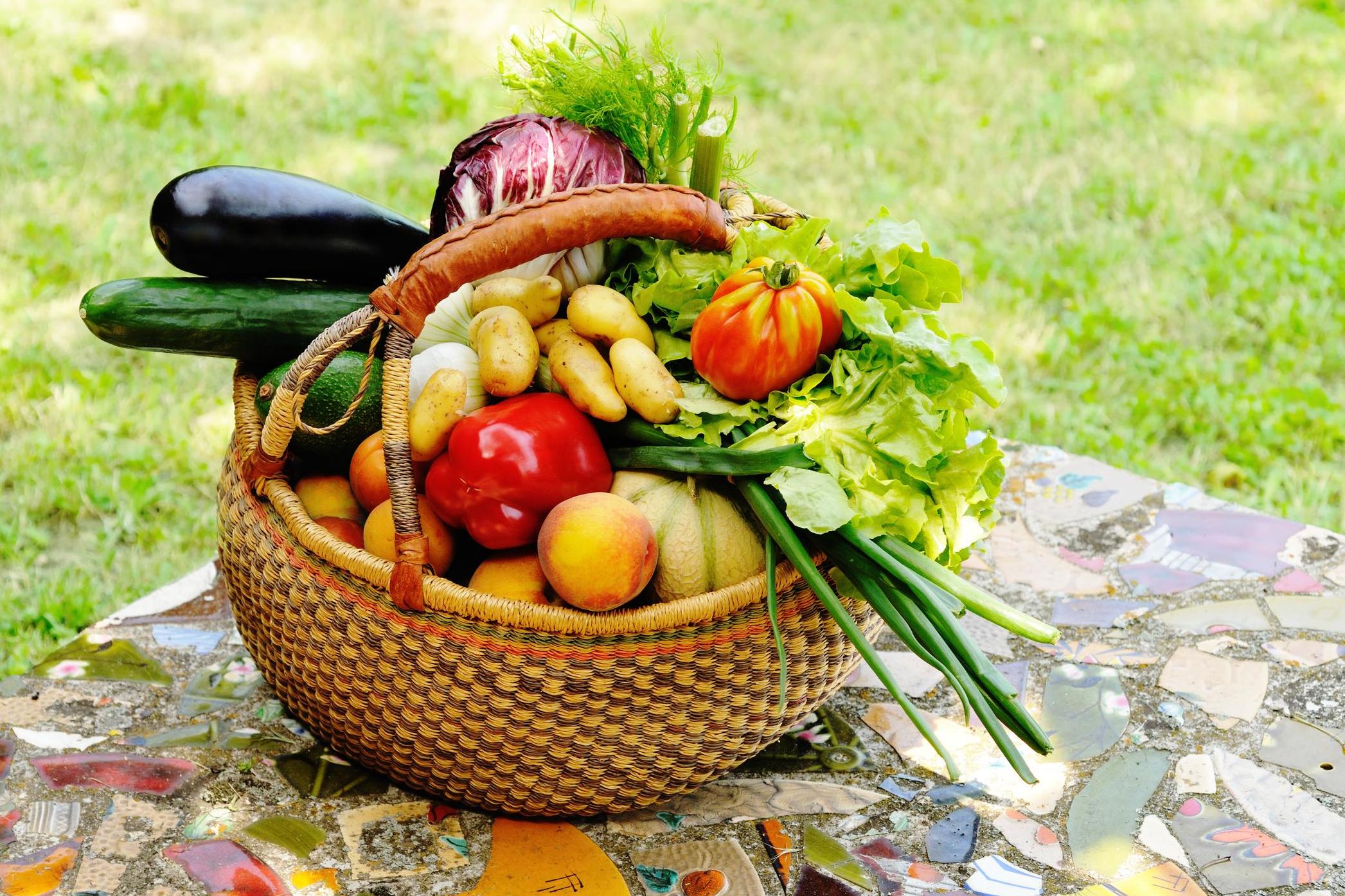Diet rich in coffee, fruits, vegetables and whole grains may cut breast cancer risk by 65%

Your support helps us to tell the story
From reproductive rights to climate change to Big Tech, The Independent is on the ground when the story is developing. Whether it's investigating the financials of Elon Musk's pro-Trump PAC or producing our latest documentary, 'The A Word', which shines a light on the American women fighting for reproductive rights, we know how important it is to parse out the facts from the messaging.
At such a critical moment in US history, we need reporters on the ground. Your donation allows us to keep sending journalists to speak to both sides of the story.
The Independent is trusted by Americans across the entire political spectrum. And unlike many other quality news outlets, we choose not to lock Americans out of our reporting and analysis with paywalls. We believe quality journalism should be available to everyone, paid for by those who can afford it.
Your support makes all the difference.Consuming a diet that is rich in coffee, fruits and vegetables may help reduce the risk of breast cancer, new research suggests.
A study conducted by researchers at the University of Navarra and the University of Jaen, both in Spain, found that certain foods may protect against the risk of post-menopausal breast cancer because they contain phenolic acids.
Phenolic acids are found in a wide range of plant-based foods, including whole grains, blueberries, citrus fruits, oats and rice. They are also found in red wine.
For the study, which was presented at the European Congress on Obesity in Glasgow this week, researchers looked at the link between phenolic acids and breast cancer in 11,028 women.
Each participant was analysed for their phenolic acid intake for an average period of 12 years, during which time the researchers found 101 cases of breast cancer.
In order to ascertain how much phenolic acid they were consuming, the women were asked to report how frequently they ate 136 different food items via a questionnaire. This was then compared to a database with information on how rich in phenolic acid each food is.
The researchers found that those with the highest consumption of hydroxycinnamic acid, a naturally occurring form of phenolic acid, benefited from a 62 per cent reduced risk of breast cancer compared to those who consumed the least.
But out of the different types of hydroxycinnamic acids, it was specifically chlorogenic acids – rich in coffee, fruits and vegetables – that were found to have the strongest effect in terms of risk reduction.
Women who consumed the highest amount of this type of nutrient in particular had a 65 per cent reduced risk of breast cancer.
“A higher intake of hydroxycinnamic acids, especially from chlorogenic acids – present in coffee, fruits and vegetables – was associated with decreased post-menopausal breast cancer risk,” the researchers concluded.
Susannah Brown, acting head of research interpretation at the World Cancer Research Fund, described the study as "interesting", explaining that it "further confirms the importance of consuming a diet high in fruits and vegetables for cancer prevention".
“It also suggests some of the potential underlying biological reasons as to why fruit and vegetables are protective against cancer,” she added.
Join our commenting forum
Join thought-provoking conversations, follow other Independent readers and see their replies
Comments